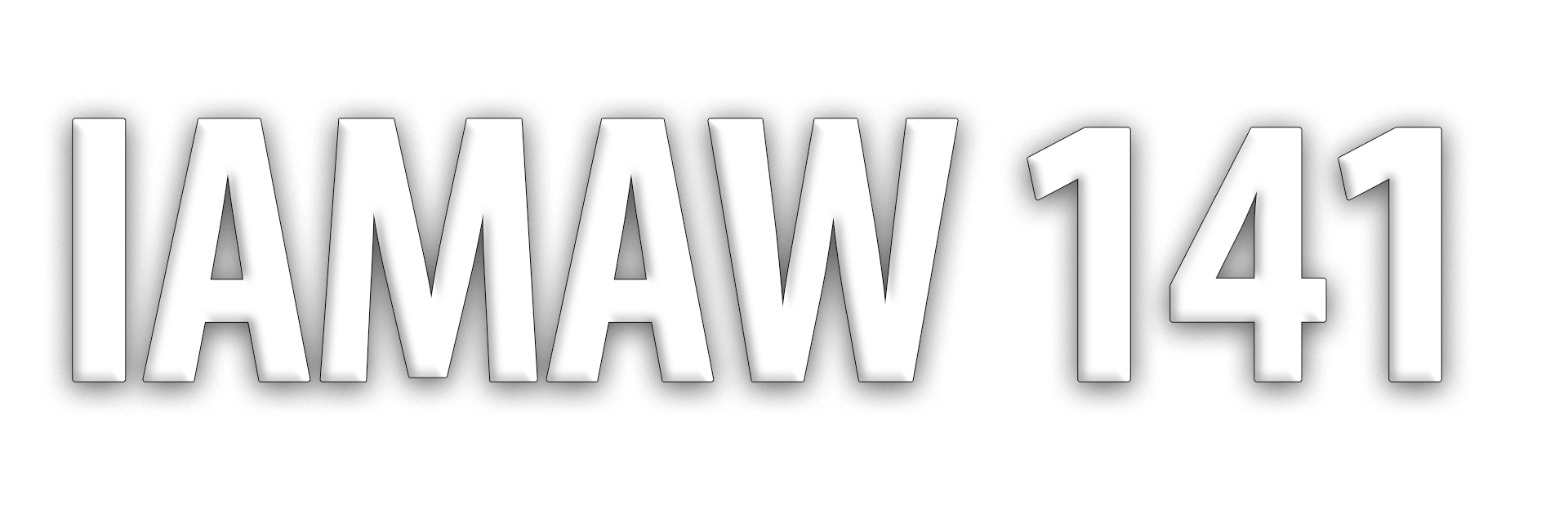No one should be typecast into —or out of— a job or profession because of gender.
Title VII of the Civil Rights Act of 1964 prohibits employment discrimination based on sex by a private employer, state or local government or educational institution with 15 or more employees for 20 or more weeks a year.
The best way to resolve issues on the job is to have an airline workers union. For airline employees who are members of an airline workers union, simply contact your shop steward. An airline workers union shop steward can help you file charges.
If you think you have been discriminated against because of your gender, you may file employment discrimination charges as an individual or as part of a group (known as “class action”) with the Equal Employment Opportunity Commission. The charges must be filed on an EEOC form within 180 days of the alleged discriminatory act. Federal employees must file discrimination charges within their own agency.
You can file a charge by calling the EEOC at 800-669-4000 for more information (800-669-6820 for the hearing impaired). All charges must include:
- Your name, address and telephone number.
- Your job title.
- A brief description of the problem.
- When the incident(s) occurred.
- The type of discrimination you encountered.
For more information, visit the EEOC question-and-answer page about discrimination.
The National Committee on Pay Equity website with pay equity information and action steps.
The Institute for Women’s Policy Research and The Coalition of Labor Union Women sites have information, links and resources of interest to working women.
EQUAL PAY HAS BEEN THE LAW SINCE 1963.
But today, nearly a half century later, women are still paid less than men — even with similar education, skills and experience.
In 2007, women were paid only 77 cents for every dollar a man is paid, according to the U.S. Census Bureau. Economist Evelyn Murphy, president and founder of The WAGE Project, estimates the wage gap costs the average full-time U.S. woman worker between $700,000 and $2 million over the course of her work life.
These figures are even worse for women of color. African American women earn only 72 cents and Latinas 60 cents for every dollar that men earn. Asian American and Pacific Islander American women earn less, too. Their pay inequality is less severe than for women as a whole, but they still earned only 88 cents for every dollar that men earned in 2000.
To make matters worse, the U.S. Supreme Court has made it harder for women to prove they are the victims of pay inequality. The High Court ruled in May 2007 that women who believe they are being denied equal pay must file suit within 180 days after the discrimination occurs.
In a strong dissent, Justice Ruth Bader Ginsburg, the only woman on the court, said the majority opinion “overlooks common characteristics of pay discrimination.”
When women get equal pay, their family incomes rise and the whole family benefits. Equal pay helps men, too.
Prepared by the AFL-CIO, www.aflcio.org/
